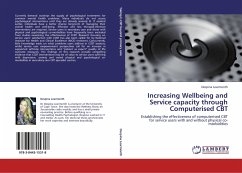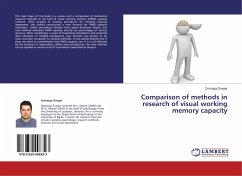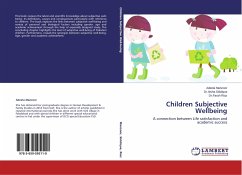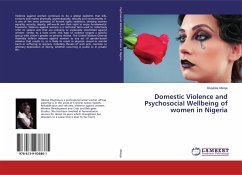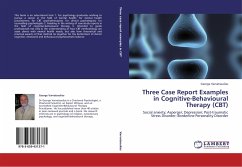Currently demand outstrips the supply of psychological treatments for common mental health problems. Many individuals do not access psychological interventions until they are already severely ill. If assisted earlier, individuals have a better chance long-term of managing their overall health and well-being. Effective and less therapist-intensive interventions are required. Service users in secondary care and those with physical and psychological co-morbidities have frequently been excluded from studies examining the effectiveness of CCBT. Research focusing on service users satisfaction with CCBT has also been called for by National Institute for Health and Clinical Excellence (NICE) reviewers. Concurrently, little knowledge exists on what problems users address in CCBT sessions; whilst service user empowerment perspectives call for an increase in supported self-help interventions and patient as expert quality of life outcome measures. The findings of this research provide compelling evidence that CCBT interventions may be of value to service users suffering with depression, anxiety and varied physical and psychological co-morbidities in secondary care CBT specialist centres.
Bitte wählen Sie Ihr Anliegen aus.
Rechnungen
Retourenschein anfordern
Bestellstatus
Storno

